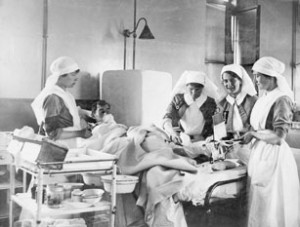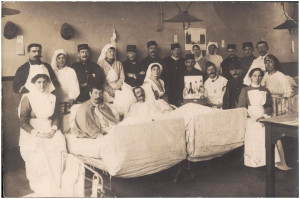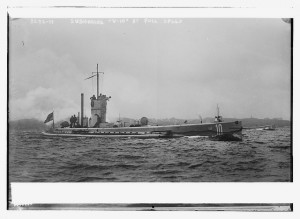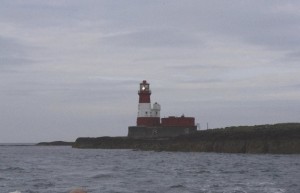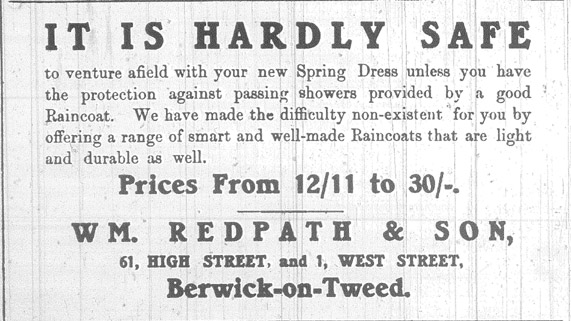23rd April, 1915
GOLDEN WEDDING
Golden Wedding-Congratulations are due Mr and Mrs Hattle, 77 Low Greens, who on Sunday attained their golden wedding. Mr and Mrs Hattle were married at the Registry Office, Berwick, on the 18th April, 1885. Mrs Hattle’s maiden name was Isabella Elispeth Burgen. Although they have both passed the three score and ten- Mr Hattle being 75 and Mrs Hattle 71- they carry their years exceedingly well.
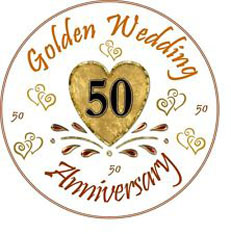
For a few years Mr Hattle followed the occupation of his father as a fisherman but afterwards entered the employment of the North British Railway Company where he remained for 40 years as porter at Berwick Station, retiring in 1910. Mr and Mrs Hattle have had twelve of a family of which five daughters and two sons are living, one son and two daughters having died. One of the surviving sons, Mr Thomas Hattle, is a postmaster in South Africa, and the other son James is at present serving in the auxiliary cruiser H.M.S “Macedonia” on which he took part in the Falkland Islands engagement. Two of Mr Hattle’s daughters are married and of these marriages there are six grandchildren. Mr Hattle has been a constant reader of the “Berwick Advertiser” for the past fifty years and during that period he has also been a staunch teetotaller. It is our hope that Mr and Mrs Hattle will be long spared to enjoy the evening of their life.
Information from the 1891 Census:
John Hattle aged 51 was living with Isabella Elspeth Hattle, his wife aged 46 at 13 Low Greens Berwick -upon-Tweed, Northumberland with their children Isabella Elspeth 17, Thomas 15, Alice 12, James 8, Mary Burgon 6, and Christina 3 ½ .
23rd April, 1915
THE PLAYHOUSE
“The Playhouse.” – Again programmes of outstanding merit are displayed at the “Playhouse” this week. The star turn of the week is “The Fordyce Family or the Lads of the Highland Brigade.” In their military speciality act they provide an entirely up-to-date and novel turn. They dance cleverly to Scotch tunes and introduce some very intricate step-dancing. The rifle spinning and dancing at the same time is very cleverly performed, and no one could be but pleased with their performance. The excellence of their turn is exemplified by the fact that they have had to respond nightly to encores. in the bioscope exhibition.

“The Trap” was the feature at the beginning of the week. It was a thrilling drama in three parts and featured Irene Bordini. The picture for the week commencing on Thursday, is entitled “The Black Countess.” It is a photo play that is fascinating in every respect and a film all should see. A splendid programme is billed for next week. The turns are “Ford and Lewis, the Scotchman and the-?” and “Jessie Adams, ” a dainty comedienne with a style of her own. The feature of the first part of the week is “The Loss of the Birkenhead” which is a thoroughly British picture portraying a well told story, finely produced and excellent photography. It is exclusive to this hall. For the second part of the week there is a laughable Keystone Comedy entitled “The Property Man” in two parts. Charles Chaplin is in the leading part and it gets funnier and funnier as it goes on. The feature for the latter part of the week is a strong drama entitled “The Night Watchman’s Daughter.



